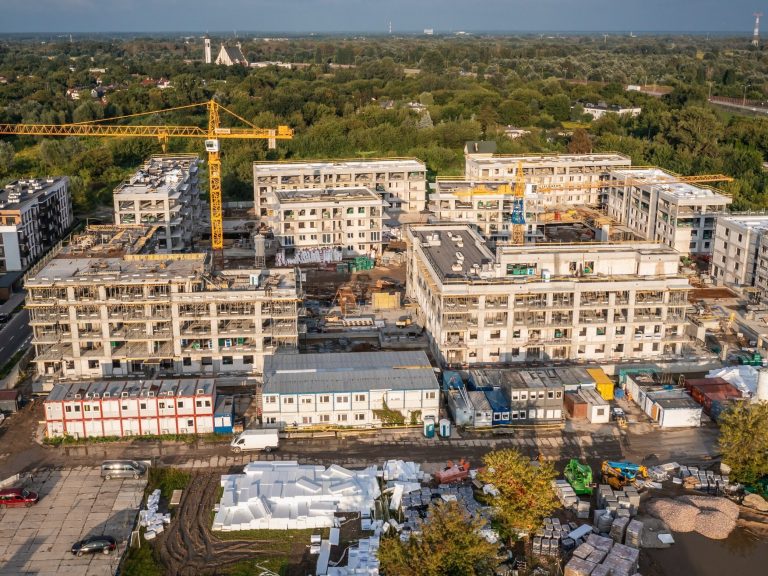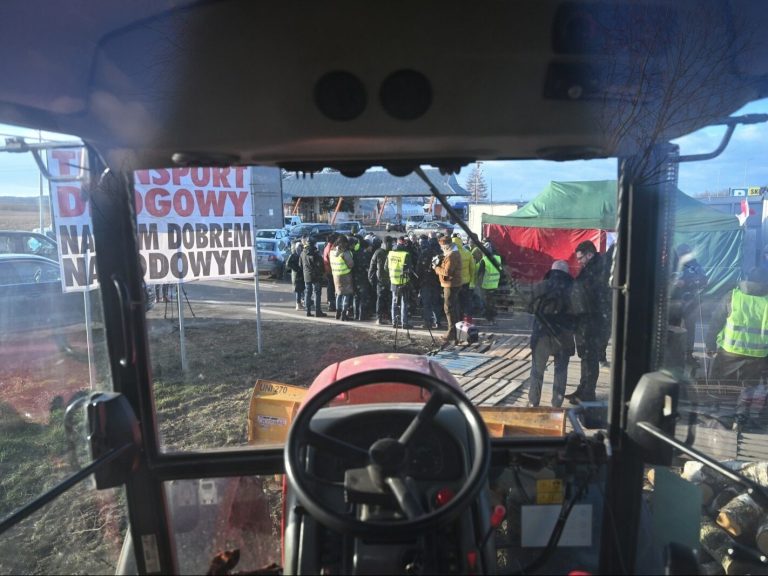Real estate has boosted the Chinese economy. Now they will sink it

According to official statistics released on Thursday, house prices in China fell by almost 0.4% last month, the biggest decline since February 2015. This is a signal that despite Beijing’s stimulus packages, the key engine of the world’s second-largest economy still not working.
China’s housing market collapse deepened last month, meaning the world’s second-largest economy continues to struggle despite recent government interventions. Data from the National Bureau of Statistics published on Thursday showed that new home prices in 70 cities fell by 0.4% from September to October. According to Bloomberg, this is the fifth straight month of price declines and the sharpest month-on-month decline since February 2015.
Crisis on the real estate market
Meanwhile, existing home prices fell 0.6% in October, data showed on Thursday, the most in nine years. According to the Cato Institute, private property ownership accounts for a quarter of China’s total gross domestic product and almost 70 percent of its GDP. all household assets.
This means that the decline in house prices has been a major drag on the economy. China’s economic growth weakened in the first half of 2023 before rebounding to beat third-quarter expectations, and Beijing continues to grapple with a range of other problems, including deflation, soaring youth unemployment and a sharp decline in exports.
The situation has been made worse by a seemingly never-ending debt crisis that has put two of the country’s largest developers on the brink of collapse, with both Evergrande and Country Garden defaulting on bonds in recent years.
The largest developer on the verge of bankruptcy
Evergrande is an example of how an industry that contributed to China’s economic boom for decades has become a weak spot.
The company was founded in 1996 and built huge housing complexes in inner-city neighborhoods that helped accelerate China’s shift away from a socialist agricultural economy. It eventually expanded beyond real estate to create separate entities selling bottled water and electric cars, and in 2010 it purchased a Chinese soccer club that became the country’s most successful team.
But an ongoing government crackdown on developer loans since 2020 has left the once giant scrambling for cash, and it faces liquidation next month unless it comes up with an acceptable debt restructuring plan. Evergrande’s total valuation peaked at over $50 billion in October 2017, but has fallen to just $3 billion since the purge began, according to CompaniesMarketCap, and its founder, Hui Ka Yan, was detained earlier this year on financial crime charges .






